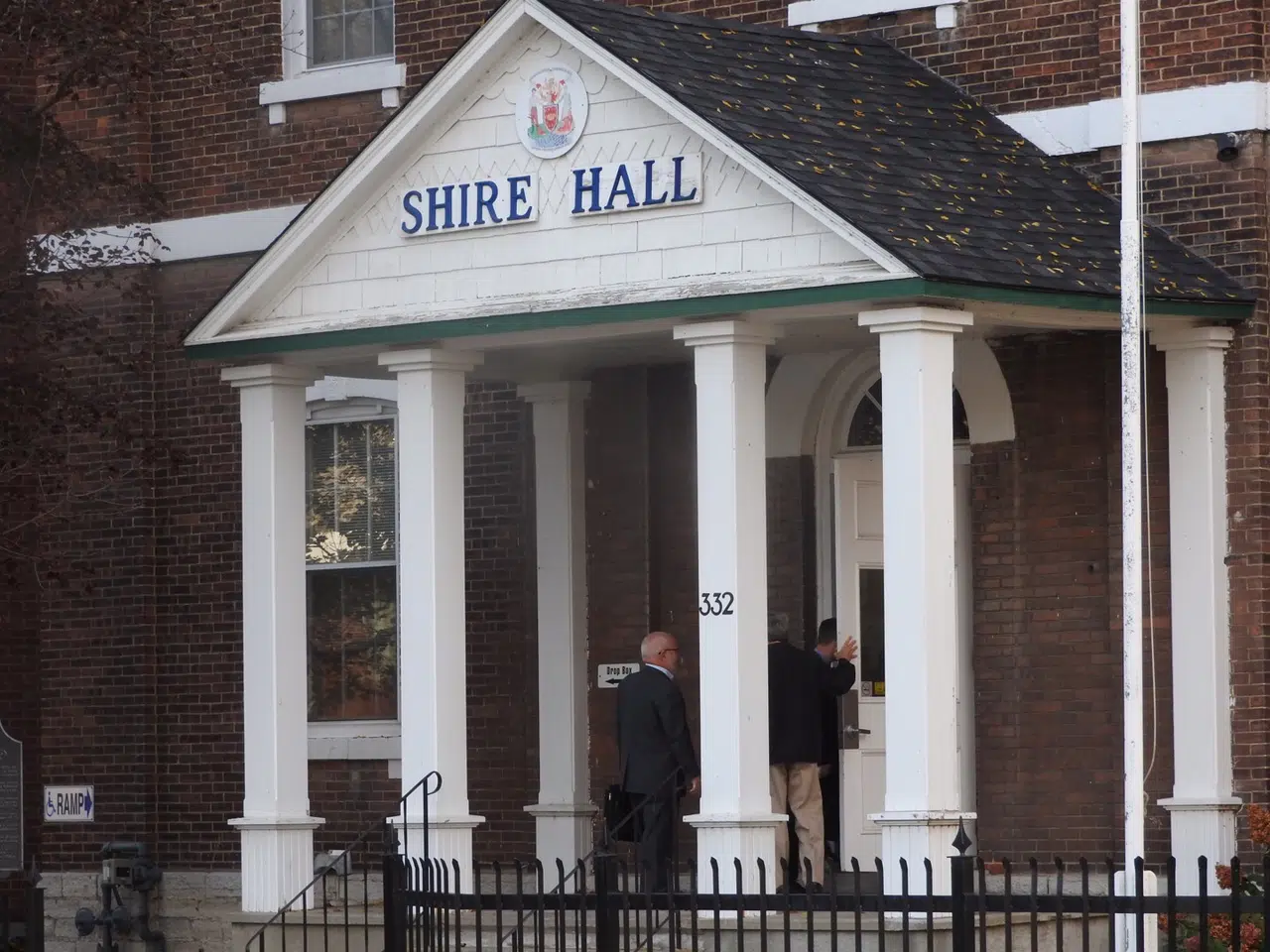Prince Edward County council hasn’t officially passed it into law but its Committee of the Whole (same membership as council) is recommending that a 4% Municipal Accommodations Tax (MAT) be implemented effective June 1 of this year.
The tax would be applied to the room rates in hotels/motels/inns, B&Bs, Airbnbs and other types of short term accommodations, but not including trailers and campgrounds.
Many municipalities, including neighbouring Belleville and Quinte West, are charging a MAT also at the 4% rate.
County staff conservatively estimate the MAT will bring in $836,000 in revenue to the municipality with that money being split 50/50 between tourism marketing and infrastructure upgrades.
At a special committee meeting Wednesday night, several speakers, owners of accommodations businesses, commented on the tax.
Some believed it was discriminatory in that it only applied to “roofed accommodation” and that it would increase paperwork and add complexity to a small businessperson already burdened by too much regulation.
Another thought the tax should not come into effect until January 1, 2021 so business owners wouldn’t have to go back to customers who’d signed on and ask for more money to pay the tax.
The MAT would not apply to payments made before June 1, 2020.
Councillor Janice Maynard pointed out that the MAT had been under discussion for around two years and that its implementation should come as no surprise. She also noted that the lead time given to business owners was reasonable compared to Quinte West and Belleville.
“Council in Quinte West passed its MAT bylaw June 3, 2019 to be implemented on July 1 of 2019. Belleville passed its bylaw in March of 2019 to come into effect July 1.”
In the end the Committee of the Whole voted unanimously in favour of the MAT with Mayor Steve Ferguson saying that discussions on the issue had been going on for a couple of years and that the revenues were sorely needed to help businesses succeed and to help with infrastructure upgrades, especially those linked with tourism.
He added that tourism caused some infrastructure wear and tear and that the MAT was a fair tax in that it would be tourists that would be paying it.




